|
2020 marks two centuries since the birth of Florence Nightingale. The occasion is being marked by organisations in a host of countries. But not all. That’s because the iconic nurse left both a good legacy, which is well known, and a bad one, which receives much less attention. For all her pioneering spirit and fearlessness, Nightingale held strong prejudices against indigenous people. Both legacies had a profound effect on nursing, particularly in countries colonised by the British. Timothy A. Carey, Agnes Binagwaho and Judy Khanyola explain how nursing in Africa has evolved, shedding vestiges of elitism and racism along the way.
In Kenya’s urban areas, there’s a serious problem of people not having enough food, particularly in the capital city of Nairobi. This is because they earn very low wages and basic food items are expensive. Elizabeth Kimani-Murage describes what her team is doing to help citizens hold the government accountable and ensure that the right policies are in place.
As the COVID crisis deepens around the world, scientists are learning more about how the virus spreads. Understanding its physical routes of transmission from one person to another is central to managing its spread. Justin Pringle suggests that some of the answers may lie in a field of study called fluid mechanics – understanding how fluids move.
|
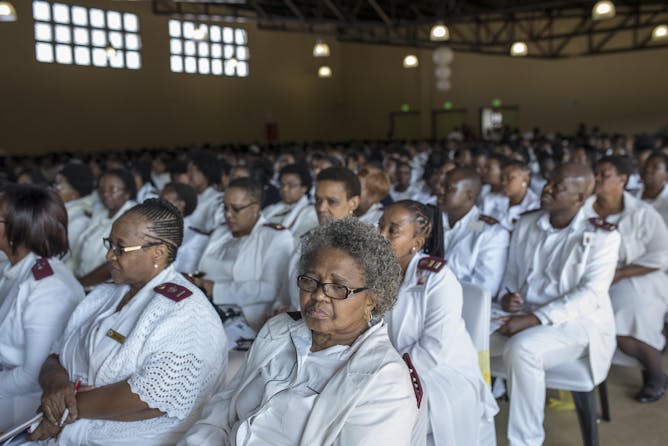
Nurses attend the 2015 International Nurses’ Day celebrations in Johannesburg, South Africa.
Ihsaan Haffejee/Anadolu Agency/Getty Images
Timothy A. Carey, University of Global Health Equity; Agnes Binagwaho, University of Global Health Equity; Judy Khanyola, University of Global Health Equity
With the dawn of colonialism, nursing and midwifery were formally established and, in many colonies, recognised as the first modern clinical profession on the African continent.
|
|
|
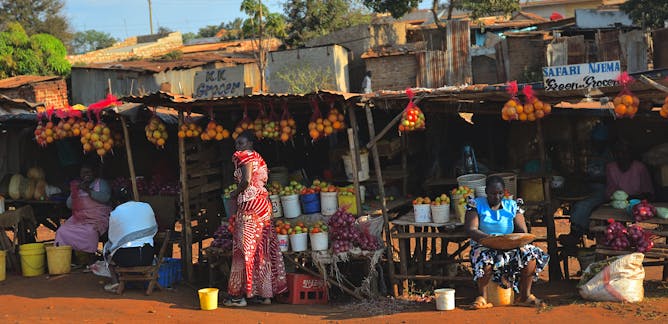
Elizabeth Kimani-Murage, African Population and Health Research Center
Kenya's urban poor lack enough food and the little they can afford is often unsafe and of poor nutritional value.
| |
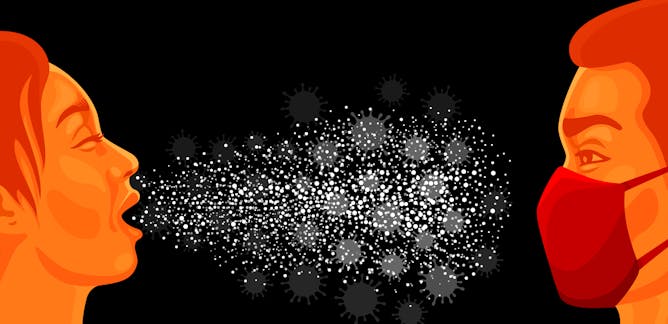
Justin Pringle, University of KwaZulu-Natal
Fluid mechanics can be applied to the transport of respiratory diseases such as COVID-19.
|
|
|
Health + Medicine
|

Adam Kamradt-Scott, University of Sydney
The actions of one country cannot be allowed to undermine decades of multilateral efforts to improve the health and well-being of all peoples of the world.
| |
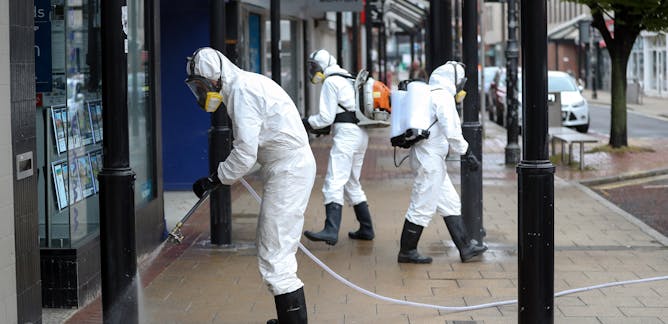
Angharad Davies, Swansea University; Andrew Lee, University of Sheffield; Jimmy Whitworth, London School of Hygiene & Tropical Medicine; Lakshmi Manoharan, University of Oxford
New Zealand has managed it, but densely population, highly infected countries face a bigger challenge.
|
|
|
En Français
|
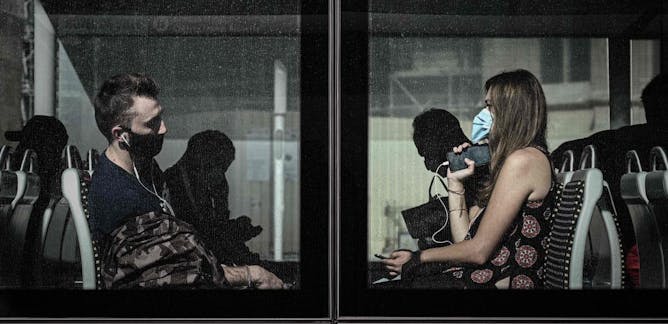
Dominique Costagliola, Inserm
Y aura-t-il une seconde vague de Covid-19 ? Le confinement a-t-il eu des effets ? Depuis quand le virus circule-t-il en France ? Comment s’est mise en place l’épidémie ? Dominique Costagliola répond.
| |
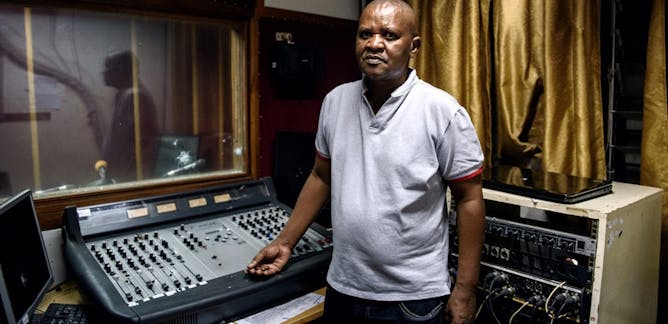
Aimé-Jules Bizimana, Université du Québec en Outaouais (UQO); Oumar Kane, Université du Québec à Montréal (UQAM)
Au Burundi, le pouvoir politique n’a eu de cesse, depuis des années, de bâillonner la presse. La mort du président Pierre Nkurunziza pourra-t-elle changer la donne ?
|
|
|